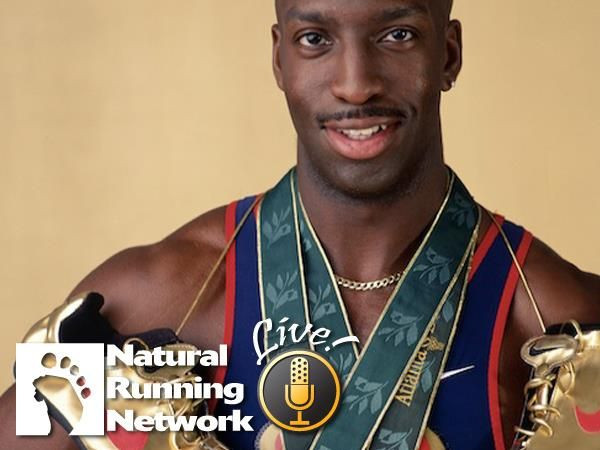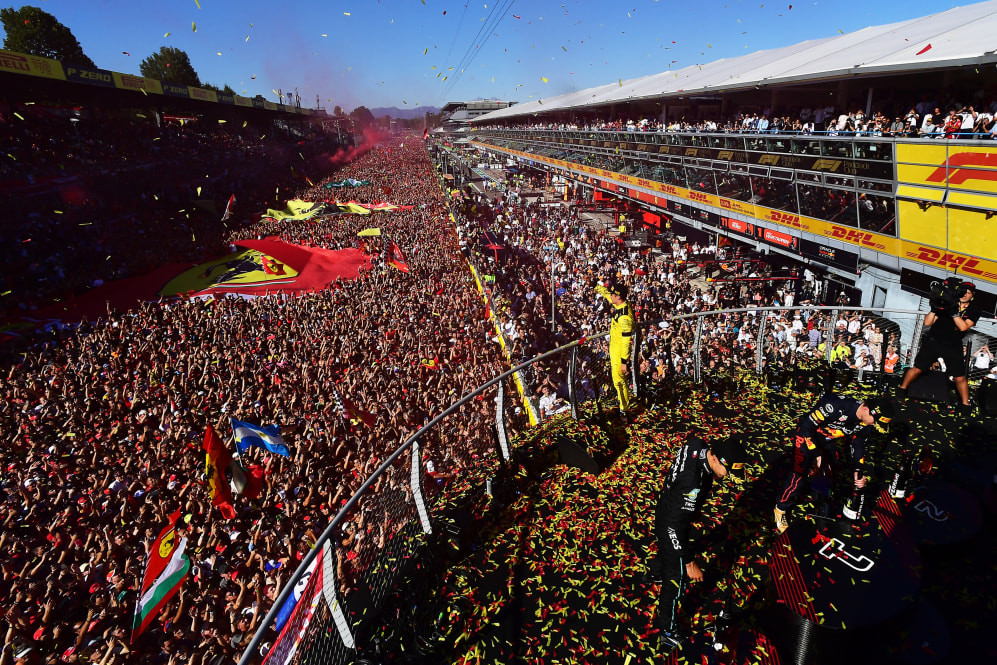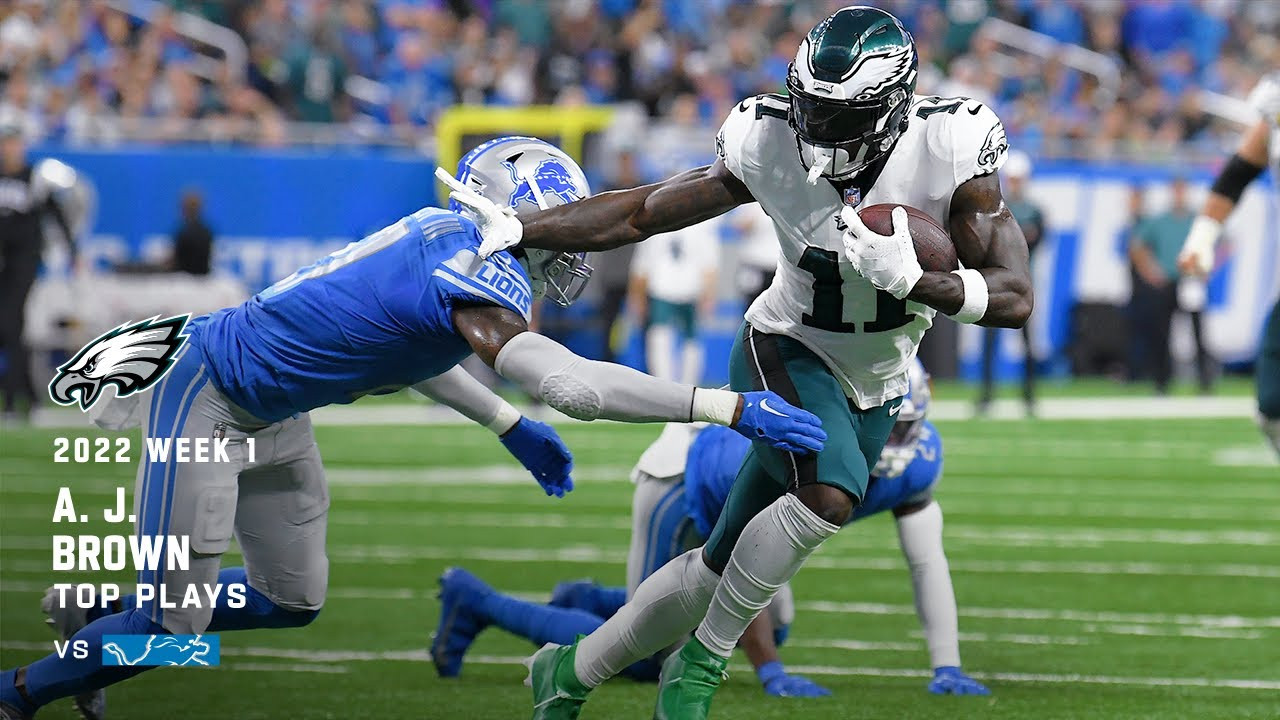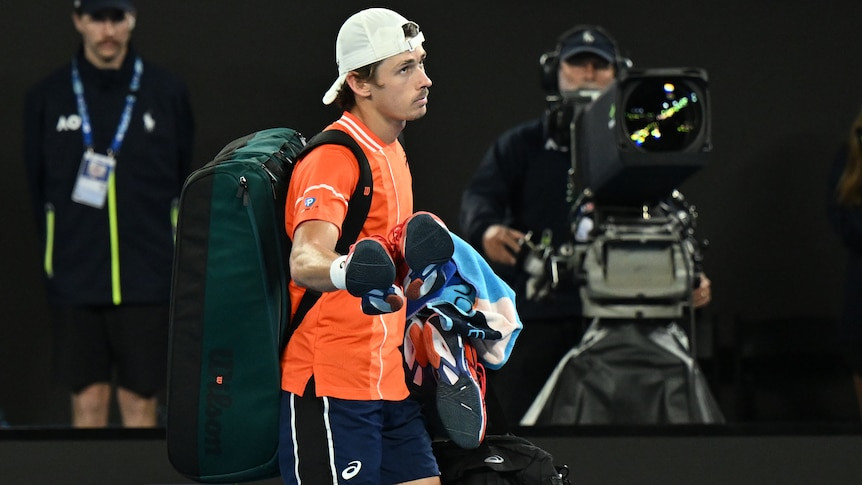In Ireland’s Olympic history, few if any of our Games debutantes have been more eagerly and justifiably anticipated than Rhasidat Adeleke.
But then, few if any have been such a rare and breathtaking talent as the 21-year-old sprinter from Dublin has.
Not long to go. The six opening round heats of the women’s 400m get under way inside the Stade de France on Monday from 10.55am Irish time, and Adeleke has been drawn in the last of them.
Adeleke has come to Paris with the third-fastest time in the world this year among the 400m entries – her Irish record of 49.07 seconds set when winning silver at the European Championships in Rome in June. The two fastest times this year came from Jamaica’s Nickisha Pryce, who ran 48.57 at the last Diamond League meeting in London, and Poland’s European champion Natalia Kaczmarek, who ran 48.90 in the same race – the only women to run sub-49 seconds this year.
However, two other women have run significantly faster from before 2024 – the 2023 World champion Marileidy Paulino from the Dominican Republic has run 48.76, and 2019 World champion Salwa Eid Naser from Bahrain has run 48.14.
Adeleke is unlikely to be bothered by anyone in her heat. Drawn in lane six, only one other woman around her has run sub-50 seconds, Alexis Holmes from the USA. The first three in each heat go straight into Wednesday night’s semi-finals (at 8.45pm Irish time), with the rest into the new repechage round on Tuesday.
What is becoming increasing clear is that a sub-49 second time will likely be required to win a medal in Paris, come that final on Friday night.
For the first time, Ireland has the full individual quota of three women in the 400m. Sophie Becker has been drawn in heat one, with a best of 51.13, with the likes of Naser for company, and also Kendall Ellis, who won the US Trials in June.
Sharlene Mawdsley is out in heat five, her best of 50.72 ranked sixth fastest of that heat, which also includes Paulino. Becker and Mawdsley have already run the heats of the 4x400m mixed relay, which Adeleke bypassed as expected, unwavering in her belief she can challenge for an individual medal.
Adeleke has only tested herself over 400m once since Rome, winning her first Diamond League race in Monaco in July in 49.17, the second fastest time of her life. After that race, Adeleke said winning an Olympic medal was “absolutely” the goal in Paris.
“I think I’m well capable, and my coach will have me ready to be able to peak at the right time,” she said. “So hopefully I’ll be there when it matters.”
That coach being Edrick Floréal, better known as Coach Flo, who has nurtured Adeleke’s rare talent since she moved to the University of Texas at the start of 2021. There are already clear and exciting signs that he’s got the peaking part spot on.
Julien Alfred, another of Coach Flo’s athletes and training partner of Adeleke, wrote her own piece of Olympic history when winning the women’s 100m in the Stade de France on Saturday night, a first Olympic medal of any colour for the tiny Caribbean Island of St Lucia.
Adeleke finished fourth in the 400m at last year’s World Championships, as did Alfred in the 200m; they’ve both enjoyed a year racing in the professional ranks since then, sparing them the punishing schedule of the US collegiate system, and there’s no reason to doubt Adeleke will be at her peak this week too.
She’s not yet at the peak of her sprinter powers, though. It’s still just over two years since she raced her first individual 400m, and it was in May of 2022 that she first broke the Irish record, her 50.70 eclipsing the 50.73 which had stood to Joanne Cuddihy since 2007.
There is one notable absentee from the 400m contenders in Paris. Two-time defending champion Shaunae Miller Uibo from the Bahamas withdrew last month with injury, which means there will be a new Olympic champion in the 400m for the first time since 2012. Paulino won silver in Tokyo, and will be thinking of nothing but an upgrade this time around.
Making her Olympic debut on Sunday morning was Nicola Tuthill, with the 20-year-old from Bandon just four places off making the hammer final, throwing a best of 69.90m in qualification to leave her ranked 16th best overall.
Rhasidat Adeleke Wins Heat, Is On Track For Medal
Rhasidat Adeleke has cruised into the Women’s 400m semi-final. The Tallaght track star won her heat with an excellent time of 50.09. Meanwhile, Sophie Becker finished sixth in her heat, sending her into the 400m repechage heat. Next up, Sharlene Mawdsley came agonisingly close to the top three qualifiers, but the Tipperary star finished fourth and joins Becker in the repechage.
More Than Just A Medal Contender
A STAR IN THE MAKING: Michael Johnson believes Rhasidat Adeleke has what it takes to be a star. Picture: Sam Barnes/Sportsfile
He has walked in their shoes, climbed to the top step of the Olympic rostrum. He’s set world records, won a slew of world titles and, in his athletic afterlife, reinvented himself as the sport’s most sought-after pundit.
In short, Michael Johnson knows of what he speaks.
Over the next eight days he’ll be studying, analysing, commenting on the action in the Stade de France for the BBC, his technical knowledge dripping with unrivalled insights. Given his knowledge of the world’s best sprinters, he’s long tracked the rise of Rhasidat Adeleke. What does he think of her chances?
“What I’d say to the Irish fans, who I know are super excited about Rhasidat, is that she could win the Olympic gold medal here, that’s a possibility,” he says. “She could medal here, that’s a possibility, and she could be out of the medals. All three of those are all real possibilities.”
Johnson has known Adeleke’s coach, Edrick Floreal, since their days competing in the NCAA and says he’s a “fantastic coach”. In March last year, Johnson tweeted a video of Adeleke at the NCAA Indoors and wrote: “Look out when she learns to use those arms. She’s carrying them instead using them to drive the legs. The difference is significant over 400. Helps increase speed and reduce fatigue.”
What does he make of her technique now?
“She’s certainly improved,” he says. “I’ve read some of what coach Flo has said. He’s the coach for a reason and I’m not a coach for a reason, so I wouldn’t be able to say how close she is to the finished product. It sounds like she’s still not where he wants her to be, which is good because she’s a young athlete. That’s another reason why there’s a bright future ahead.”
One area Adeleke and Floreal have sometimes disagreed is how fast she should run the first half of the 400m, with Floreal asking her to reach 200m in 23.0 in the European final in June but Adeleke well off that with a split of 23.69. She nonetheless smashed the Irish record, finishing in 49.07 to win silver. What does Johnson feel is Adeleke’s optimal race strategy?
“I’d absolutely agree with Edrick: she’s gotta get out quicker. When you have that kind of speed, when speed is your weapon, you have to use it because you’re not going to be able to match them from a strength standpoint.”
The athletes he’s speaking about are the three he thinks Adeleke has to beat: Nickisha Pryce of Jamaica, Natalia Kaczmarek of Poland and Marileidy Paulino of Dominican Republic. Adeleke has better 100m and 200m speed than all of them but an inferior personal best over 400m.
“The other three are all strength runners and you’ve got to use your weapon and for Rhasidat, that’s speed,” says Johnson. “There’s a few different ways you can run 23 seconds in the 200m. You can run it hard or run it relaxed, but when you have her kind of speed you can run it relaxed. That’s much easier said than done because relaxed doesn’t mean slow.
“You’ve gotta get out quickly, get up to race pace as quickly as possible and then get into your relaxation. Once you get up to a speed, it doesn’t take that much to maintain that speed, but if you’re taking a very long time to build up to that speed, it’s taking more and more out of you.
“That’s where the issue lies for her not running the first 200 quite as fast as Edrick wants her to. She feels like, ‘If I run that fast, it’s going to take a lot out of me and that’s going to take a toll on the back end.’ Every 400m runner knows that and you don’t want that. The key is to be able to run that fast without it taking a toll because you’re not running it tight; you’re running it relaxed.”
Johnson competed at three Olympics, his medal chance scuppered in Barcelona 1992 by a bout of food poisoning. At the 1996 Games in Atlanta, he went in one of the Games’ poster boys with immense pressure to deliver gold in the 200m and 400m. He did, blasting a world record of 19.32 over 200m which stood for 12 years until Usain Bolt broke it at the Beijing Games. In the 400m he was equally peerless, setting an Olympic record of 43.49.
An Olympic final heaps nauseating pressure on participants, particularly in sprints where the margin for error is non-existent. What’s the key to handling that heat?
“You have to spend just as much time as an athlete figuring out how you manage pressure best so when you get to an event like this, where you are under this immense pressure, it’s not a surprise to you,” he says.
“The biggest mistake athletes make when they find themselves in a high-pressure situation (is) never having thought about how to deal with that pressure,” he says. “If they haven’t worked on it the tendency then is to try ignore it and pretend it’s not there, but it is.
“It will remind you at every corner. This is the Olympic Games, the thing you dreamed about as a kid, the thing you want most. It’s here and you are either going to succeed or fail.”
Adeleke's Future Is Bright
That high-risk, high-reward setup is what makes it such riveting entertainment. But Johnson has long felt the singular focus on major championships each summer is leading to a declining fanbase in athletics given few casual sports fans tune into the Diamond.
And so he decided to do something about it.
Earlier this year he launched Grand Slam Track, a professional league that will start in April next year, featuring four meetings, each three days long, where the focus is on pitting the best against the best. The prize money is far above that of the Diamond League, with Johnson securing $30 million in investment to get it off the ground. In recent months he announced the first two of 48 contracted athletes who will compete at every event: US superstar Sydney McLaughlin-Levrone and 1500m world champion Josh Kerr.
What fuelled him to start the league?
“Put simply, you’ll see millions of people watching Paris, great track and field, the best of the best competing head to head,” he says. “High stakes and it’s not about times. It’s not about this being a stepping stone to something else. It’s just about winning.
“People enjoy that and that’s why they watch but we don’t get to see this on a regular basis. It’s something like 2.5 billion people around the world who either watch track or are running and there’s nothing really for them.
“If you ask those people: ‘Hey, if this was available to you, what you just saw at the Paris Olympics, on a regular basis, would you watch?’ And they would say yeah. And then you say, ‘Well, did you know that it actually does exist?’ And they say, ‘No, where would I find that?’ And they’re not finding it because you don’t have the best of the best athletes competing against each other on a regular basis. You can’t build a fanbase with one significant competition a year but outside that, you’ve got nothing.”
The investment in Grand Slam Track has been substantial, but is it sustainable?
“It’s a great question,” he says. “Look, I’ve been an investor and entrepreneur since I finished my career as an athlete and I’ve been very fortunate to have a few successful ventures. None of those have ever been successful or profitable in year one.
“Investors don’t invest to make a 10 per cent profit in year one or two. We invest to get a 4-X, 5-X, 10-X return in 10, 15 years. UFC took 20 years to become what it is. For the first 15 years they were losing money so you’d have to ask yourself: How does an organisation that’s losing money continue to operate and lose money for 15 years? It’s because investors continue to put money into that organisation. Why does the investor put money into a company that’s losing money? Because that company or organisation is growing their customer base.
“For us, the most important thing is not to make money in the first few years. We’re going to continue to pour money into this sport. The most important thing we have to do is grow the fanbase and as long as we do that, we’re on track to be successful.”
Turning the focus back to Paris, Johnson is most looking forward to the men’s 100m.
“It’s always known historically as the most popular event in track and field but I haven’t said it’s the event I’m most looking forward to for 16 years,” he says. “The standard wasn’t very high at the last Olympics. The women’s 100m was way better. The three before that I always knew who was going to win – the Bolt era. This 100m, there’s 10 people who could win medals and six have a chance to win gold.”
So, who takes it?
“No,” he laughs. “Typically, I can give you an answer and I’d be right 60 per cent of the time. This time I can’t even give you an answer. It’s that open, and at a high level.”
And as for the women’s 400m? “The best thing about that race is I can’t tell you what we’re going to see,” he says. “You’ve got four or five people there, if not six, who can win it.”
When it comes to Adeleke, Johnson believes her time will come. But given the strength and depth in her event, he can’t say if that’ll be in Paris.
“The one thing that is likely is that sometime over these next three years: she’s going to win a gold medal,” he says. “If it doesn’t happen here, it’ll probably happen at some point. She has that kind of talent.”
more olympics articles
More in this section
Sport Newsletter
Get the latest news from the world of sport along with the best opinion from our outstanding team of sport writers, direct to your inbox every Friday
Please click here for our privacy statement.
By clicking on 'Sign Up' you will be the first to know about our latest and best sporting content on this browser.
You have accepted push notifications for this content. If you would like to manage your push notification preferences, you can do so here.
Latest news from the world of sport, along with the best in opinion from our outstanding team of sports writers
Monday, August 5, 2024 - 11:00 AM
Monday, August 5, 2024 - 1:00 PM
Monday, August 5, 2024 - 11:00 AM
Select your favourite newsletters and get the best of Irish Examiner delivered to your inbox
© Examiner Echo Group Limited, Linn Dubh, Assumption Road, Blackpool, Cork. Registered in Ireland: 523712.
© Examiner Echo Group Limited

















